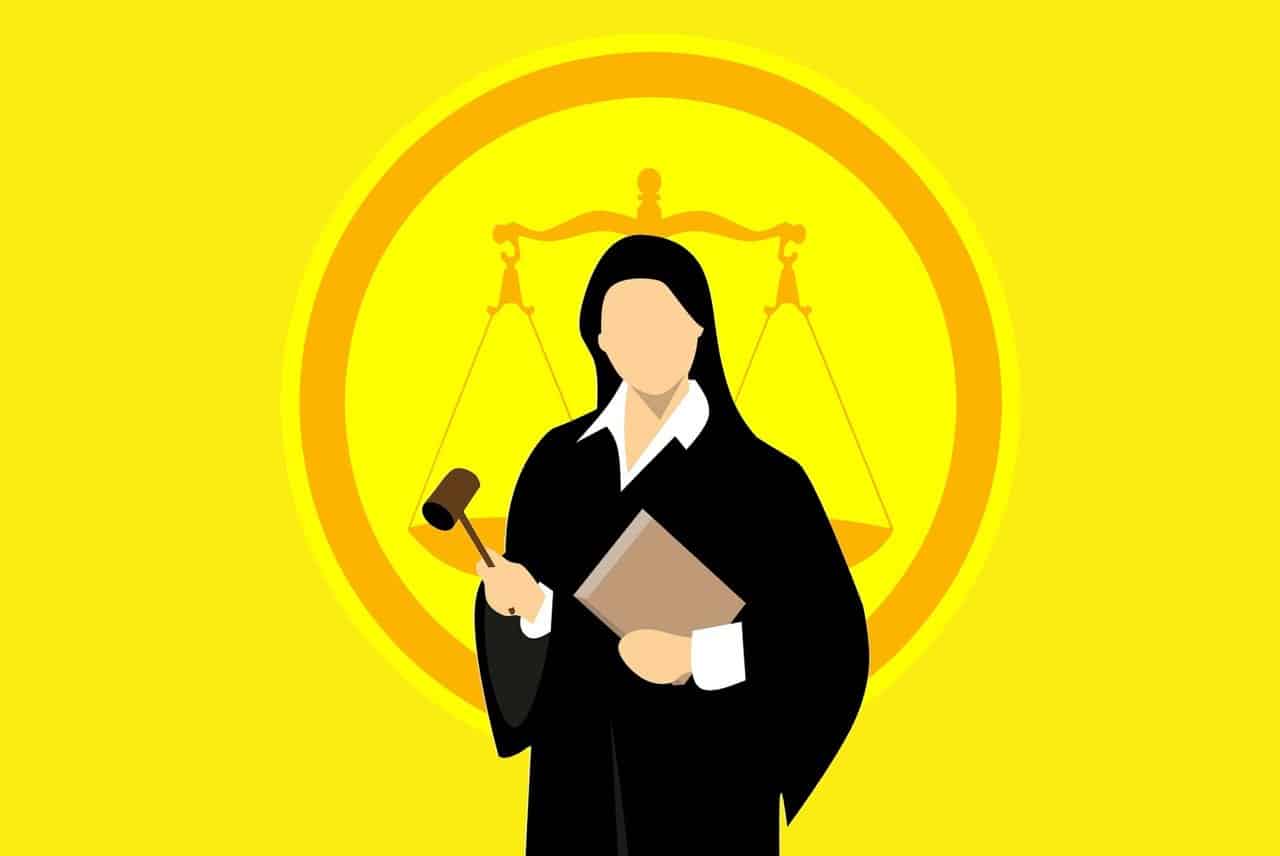
He who acts with good will does not wish to do evil.
Good faith is integrity and honesty in behavior. Whoever acts in good faith does not intend to do evil : if they make a mistake or end up harming someone or something, it will not have been with that intention. For example: "I acted in good faith: I didn't know that the television I sold you was malfunctioning," "Don't worry, my father knows that you acted in good faith and that you didn't want to complicate things."
The notion of a good faith list , on the other hand, is used in sport to name the list of competitors registered to participate in an event: "The Uruguayan coach announced the good faith list for the World Cup with few surprises."
Concept analysis
Before moving forward with the analysis of the meaning of this concept, we must explain what the two words with which it is constructed imply: good and faith . Good , from the Latin bonus , is an adjective that indicates that which has goodness and is charming, attractive, appetizing or convenient. The good person, in this sense, shows a predisposition to do good, while good things are those that go beyond what is frequent or ordinary. It should be noted that the notion of good is tautological, since good is what is good and is defined in opposition to what is bad.
Faith , on the other hand, derives from the Latin fides and names the group of beliefs of a person or a community. Faith is also the favorable concept one has of an individual or a thing; confidence ; and the affirmation that something is certain.

The principle of good faith is considered by law.
The principle of good faith
In law , the principle of good faith is linked to the certainty that one has regarding the truthfulness or correctness of something. Good faith requires honesty in the relationship with the parties involved in a contract .
When a person sells something and a contract is signed that details the characteristics and conditions of what was sold, they should not be untruthful or try to deceive the buyer. It is expected, therefore, that what is stated is in good faith. If an individual sells a house that has foundation problems and does not disclose it, he or she will be acting in bad faith.
It is a constitutional principle that requires the laws and public authorities of a place to presume good faith in the actions of citizens and, in turn, that those who direct the course of societies act trying to do so with good intentions .
His link with the crime
This principle has occupied a fundamental place since the origins of the constitution of law and is one of the main rules that ensures security and justice. If a crime has been committed , the jury must rely on the evidence to verify whether the accused has acted knowingly, that is, wishing to do evil. Until the contrary is proven, the jury must believe that there was no intention to commit a crime, trusting in the good faith of the offender .
Even if everything indicates that the crime has been viciously premeditated, until the contrary is proven, the jury must presume the good faith of the accused because the law requires it .
Once the evidence is presented and the bad intentions of the accused are discovered, only then can this right be set aside and a sentence can be made according to the crime committed, the degree of presumption and other aspects that have been analyzed. with special care.
